UK reception policies and practices vis-à-vis Ukrainian refugees
Everyday solidarities and deservingness in the context of a rapidly evolving crisis
|English| |Yкраїнська|
This small-scale pilot research project seeks to gain real-time understanding of the UK’s developing response to the Ukraine refugee crisis, at policy as well as on-the-ground person-to-person level.
The UK government has introduced two new visa schemes to support Ukrainians who are displaced as a result of Russia’s invasion. These are the Ukraine Family Scheme, which allows applicants to join family members who are already in the UK, and the Homes for Ukraine scheme, which asks the public to ‘open their homes to those fleeing the war in Ukraine’ (the public response has been enthusiastic).
We will examine how these two reception schemes mould and channel the experiences of Ukrainians as well as British hosts. We will consider how the new reception and housing schemes may, or may not, mitigate the trauma of war and dislocation and the impact of the schemes on the mental health of participants. We ask what forms of solidarities are being mobilised, by whom, and to what effect, and how notions of deservingness are mobilised and contested to offer, extend, and restrict hospitality and welcome.

Our Approach
The reception of Ukrainians fleeing the war marks a change from otherwise increasing hostility towards refugees and migrants in the UK. Other groups of people seeking asylum in the UK are subject to no-choice dispersal while they await the outcome of their asylum applications, often to areas of deprivation and poor housing. The Homes for Ukraine and Ukraine Family schemes by contrast rely on public goodwill and family support for Ukrainians seeking sanctuary in the UK. We will critically examine the realities and dynamics that emerge from the meeting between public support and new policy responses forged against a background of ‘hostile environment policies’.
To do so, we take an interdisciplinary,
multi-level approach:

Mapping and analysis of policymaker and practitioner views on the new policy approaches and schemes vis-à-vis Ukrainian refugees
Mapping and analysis of everyday practices and experiences of solidarity, hospitality, and welcome (host families and Ukrainians)
Examination of the role of established networks of Ukrainian migrants and diasporans
We bring a social sciences as well as a mental health and trauma lens to the analysis of data.
The project is designed to have real world as well as academic impact and we will work closely with partner organisations in the refugee and migrant support sector, Ukrainians who have come to seek refuge in the UK, host families, as well as diaspora activists.
RESEARCH QUESTIONS
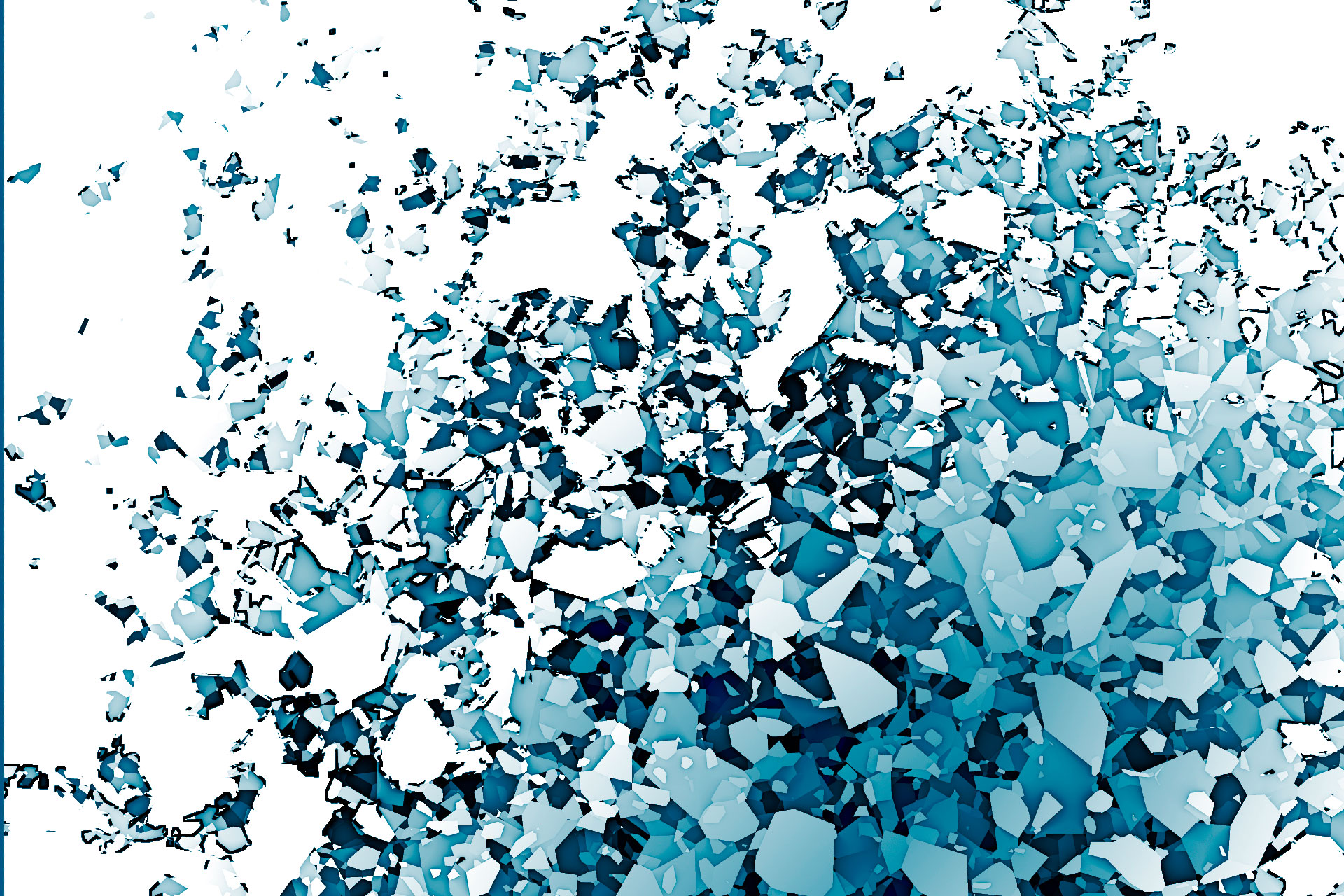
-1-
What are the views of key policymakers and practitioners of the schemes to host Ukrainians? (Vis-à-vis Ukrainians, refugees from other countries, refugee policy generally, and those supporting refugees)
-2-
What everyday practices of solidarity, hospitality, and welcome are emerging in the context of the new policy approaches towards Ukrainians, in particular the ‘Homes for Ukraine’ scheme? What do these schemes tell us about how Ukrainians and other refugee groups are welcomed and included, or conversely excluded?
-3-
What is the role of the Ukrainian diaspora in welcoming new arrivals and campaigning and mobilising for hospitality and welcome?
RESEARCH DESIGN
We use geospatial mapping to translate available data on the UK’s response to the Ukraine refugee crisis into maps, combining digital geographical data with relevant non-geographical information to highlight wider issues and their spatial patterning. This will help us to better understand and visualise the spatial patterns of the reception schemes, including how the settlement patterns of newly arrived Ukrainians map onto existing Ukrainian diaspora communities, and correlations between these and patterns of deprivation, and ethnic and other diversity. Insights gained from our geospatial approach will inform our interviews and ethnographic approach.
We will conduct semi-structured qualitative interviews with policymakers, practitioners, and Ukrainian diaspora organisation staff and volunteers.
We will use an ethnographic approach to engage with Ukrainians and host families, including semi-structured interviews as well as digital diaries and auto-ethnography. This approach will seek to foster rapport, co-creation, and depth and will help us gain a nuanced and textured understanding of everyday practices and experiences of Ukrainians and people hosting and supporting them. We will signpost any participants in distress or presenting with mental health problems to appropriate services and support.
RESEARCH TEAM
The research is carried out by an interdisciplinary team of researchers at UCL with extensive experience and expertise in research with migrants and refugees.
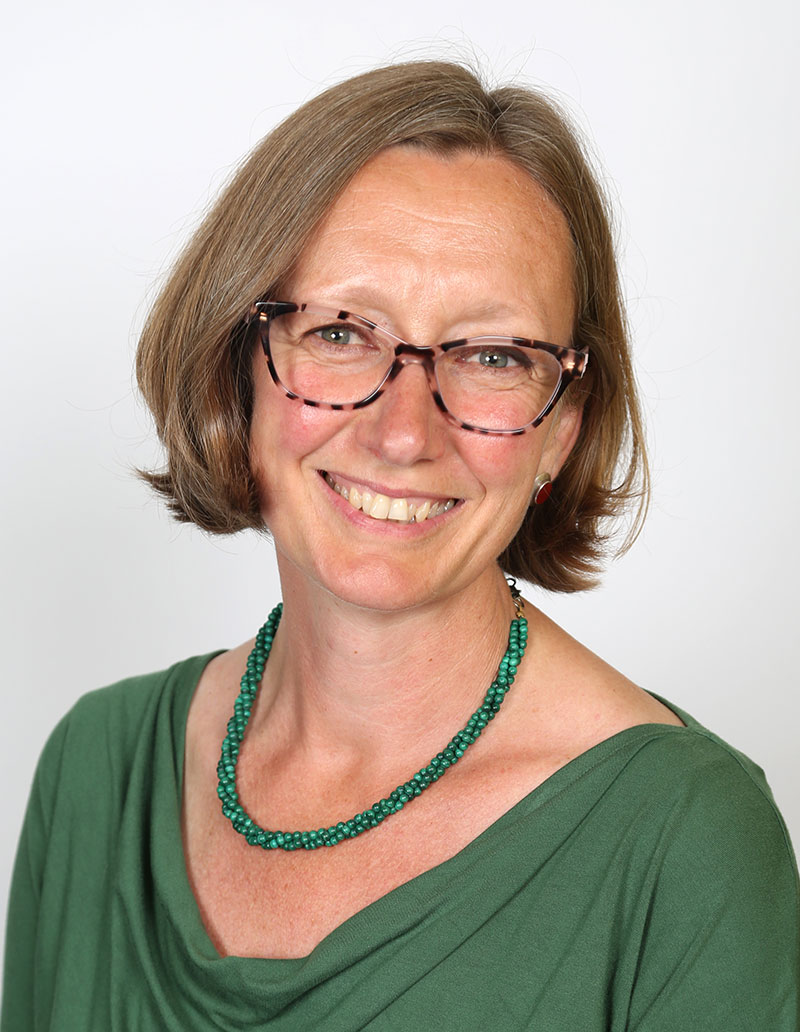
Mette Louise Berg
Professor of Migration and Diaspora Studies, UCL Social Research Institute, IOE. As a social anthropologist working on migration, diversity and diaspora issues, I am interested in the experiences of newly arrived Ukrainians and their relationships with their British hosts. I am also looking forward to working with practitioners and Ukrainian diaspora organisations to understand the processes of settlement for Ukrainians and the challenges in translating the new policy approach into practice.
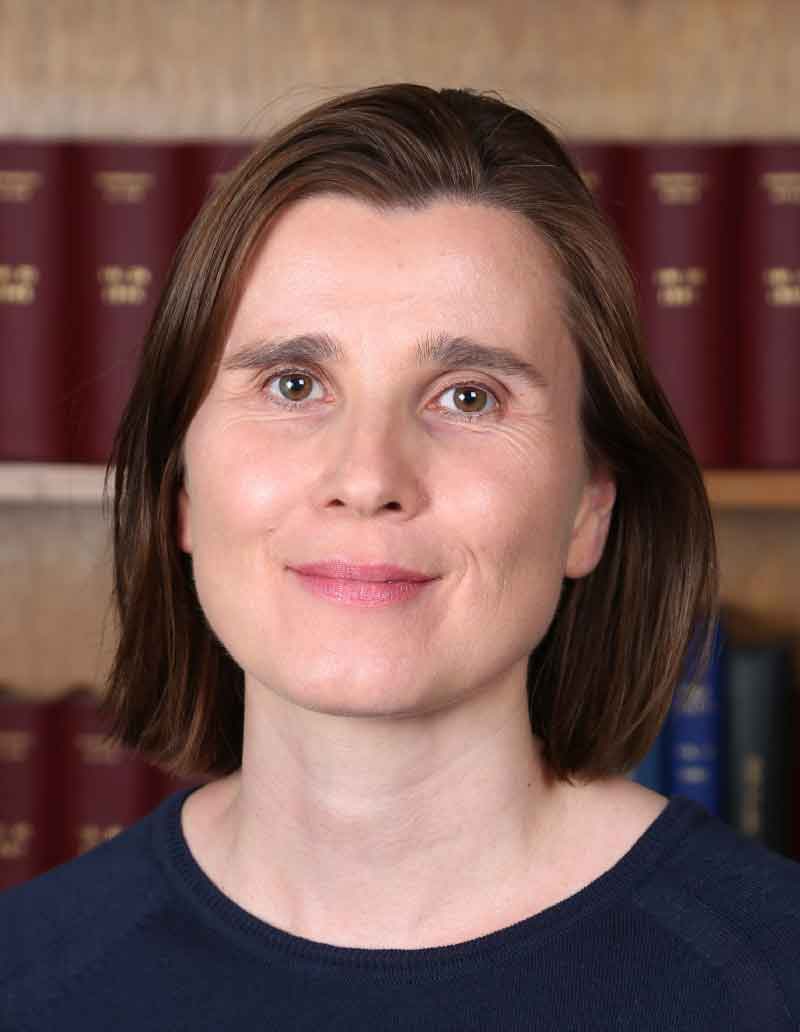
Silke Zschomler
Research Fellow, UCL Social Research Institute, IOE. As a social scientist with a multi-disciplinary background, my interest is in the lived experience of migrants, the inequitable dynamics of migration and the in- and exclusionary mechanisms of ‘integration’ processes. I am keen to critically explore the effects of the newly introduced schemes, both on-the-ground person-to-person and policy level and to work with different stakeholders and organisations.

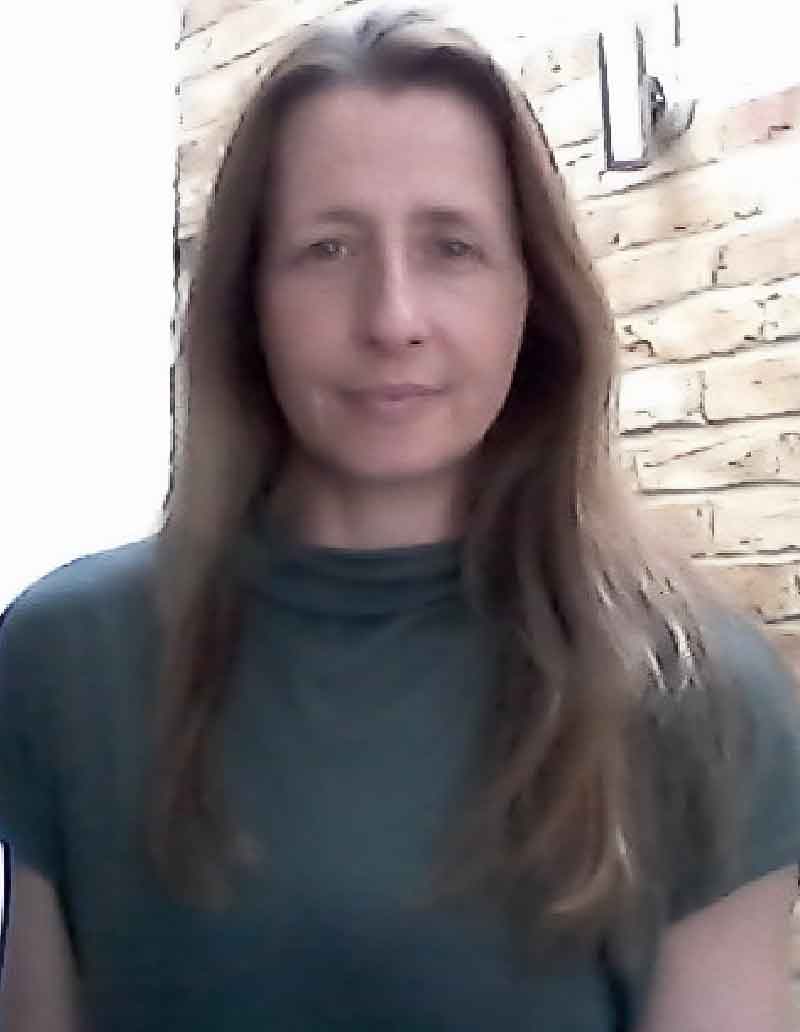
Jo Billings
Consultant Clinical Psychologist and Clinical Associate Professor, UCL Division of Psychiatry, Faculty of Brain Sciences. As a Consultant Clinical Psychologist with over 20 years of working clinically in specialist trauma services, including specialist services supporting refugees, I will be able to support and signpost participants in the research who may be presenting with mental health problems, as well as guide the research team in supporting participants in distress. I will also bring a mental health and trauma-informed lens to the analysis of the data.
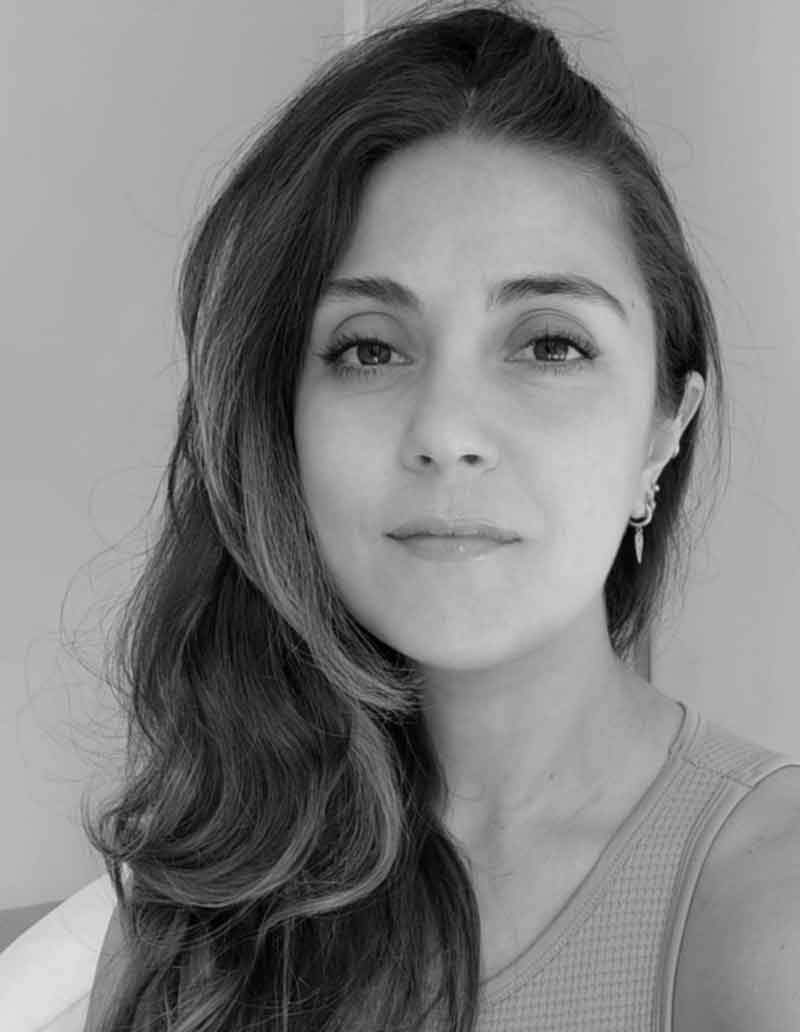
Melissa Barrientos
PhD student, The Bartlett School of Planning/The Centre for Advanced Spatial Analysis (CASA), UCL. As a Spatial Analyst, I am interested in managing and visualising digital data available on the Ukraine refugee crisis and the UK response using geospatial mapping. This will help our understanding of the spatial dimension of this evolving situation by uncovering and exploring patterns and correlations within the information.

The project is funded by UCL Grand Challenges.

INTERNATIONAL RESEARCH NETWORK
We are part of the international research network Forced Migrants From Ukraine in Transnational Europe: Between Personal Agency, Civil Society And The State (FORUM), led by The Centre for East European and International Studies (ZOiS) and the German Centre for Integration and Migration Research (DeZIM e.V.) in Berlin.
The network brings together scholars from Germany, Ukraine, the United Kingdom, Poland, Sweden, and Denmark with a range of disciplinary backgrounds and expertise in the study of forced migration and Ukraine. The network aims to facilitate and connect research on the experiences and perceptions of Ukrainians who were displaced as a result of the war.
